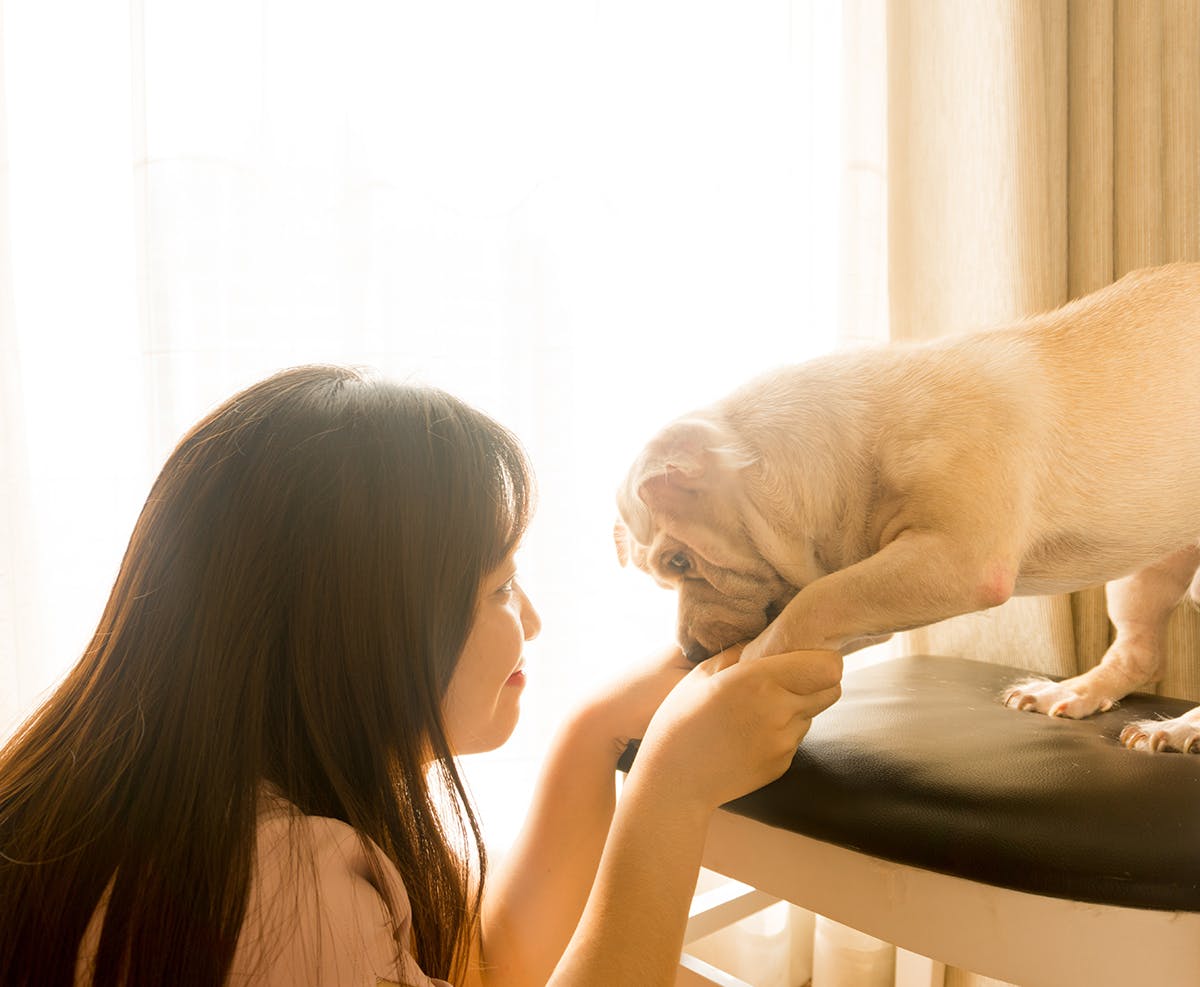
A pet is truly an addition to your family and will change the entire dynamic in the household. Whether you’re adopting a cat, dog, or something interesting like a rat or chinchilla, you’ll want to make sure you are prepared to take on the extra responsibility.
Animals require a lot of care, such as feeding, grooming, containment, training, and love. When you decide to adopt a pet, make sure to go through our checklist of responsibilities to make sure you’re ready.
Line Up a Veterinarian for Healthcare
The number one crucial thing for your pet is establishing a veterinarian early on. Ideally, you should take your pet for a post-adoption checkup at a veterinarian in your area. These simple checkups are affordable and vital to your pet’s health.
Veterinarians are available to indicate products that you can use at home to heal your pets when something comes up. If you’re considering using essential oils for your pet, your veterinarian will be able to tell you the pros and cons of using natural healing methods.
Write down the closest emergency vet in your area just in case you need it in the future.
Establish Nutritional Needs
Before adopting your pet, you should figure out if they have any special nutritional needs. Some pets come into new homes overweight or with illnesses like Diabetes and Thyroid issues. For dogs with these issues, a special diet can help them lose weight and prevent problems with nutrients in the body.
When your pet is home with you, research what foods are healthiest for their species. For example, here are some common foods that are healthy for certain types of pets:
- Cats: Dry kibble from natural brands made for your cat’s specific age group or wet food for older cats is good. Raw food is also an option if you can afford it.
- Dogs: Dry kibble made with natural ingredients, raw diets, or grain-free foods
- Rats: Vegetables such as sweet potatoes, corn, and cabbage. Fruits such as apples are also healthy. You should give grains, bread, and fatty foods as treats less frequently.
- Rabbits: Leafy greens, hay, fruits, and vegetables
All animals should always have a clean source of water available at all times of the day.
Consider Training Requirements
You can train most domestic pets (yes, even rodents!). If you adopted your pet from an animal shelter or rescue, they most likely have behavioral issues you’ll need to work on. The behaviorist at the shelter will most likely provide you with information on the animal’s problems.
You can find training programs in most cities and big-brand stores like PetSmart. You can also train your pet yourself by educating yourself on breed behavior and reinforcement tools. For example, training a dog to sit is as simple as using a low-calorie treat and providing repetition.
Cats can also learn tricks. Clicker training is positive reinforcement training that works for cats in shelter environments and at home.
Arrange Resources for Sleeping and When You’re Out
If you have a dog, you’ll most likely want to arrange a crate for them to stay in at night and when you leave for work. Dogs shouldn’t be left in a crate for more than half of the day. However, if you train your dog to use their crate positively for sleep and relaxation, they shouldn’t have any issues.
If you have rodents or reptiles, they’ll most likely stay in their cage most of the time. However, you’ll want to socialize with them and bring them out at times to allow them to exercise. You should give cats enrichment items for when you leave, such as a scratching post and toys.
Having more than one pet is another great way to give your pets enrichment when you’re not home. Cats and dogs raised together often enjoy playing together when they’re young.
Create a Budget Checklist
Pets are costly to take care of. The more pets you have, the more you’ll need to worry about budgeting for emergencies and required pet supplies. Create a list or document with all the possible expenses for your pet, including:
- Veterinary bills
- An emergency fund
- Monthly pet food
- Medications, if needed
- Crates or other pet containment items such as cages
- Enrichment items like toys
- Comfort items like a soft dog bed
- Daycare or boarding costs if you travel
- Grooming costs
Sadly, our pets’ lifespans are shorter than ours, so veterinary expenses will come up someday. You will need to prepare yourself for these costly services. Pet insurance can help.
Conclusion
Our checklist of responsible pet owner tips will help you get started on taking care of your pet and keeping them happy and healthy for many years to come. Remember that pet care is a huge responsibility, and you should always assist children if you’re adopting a pet for them.

